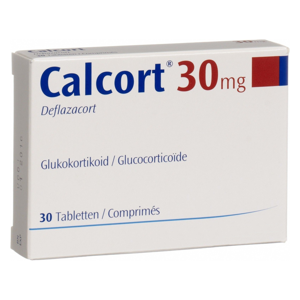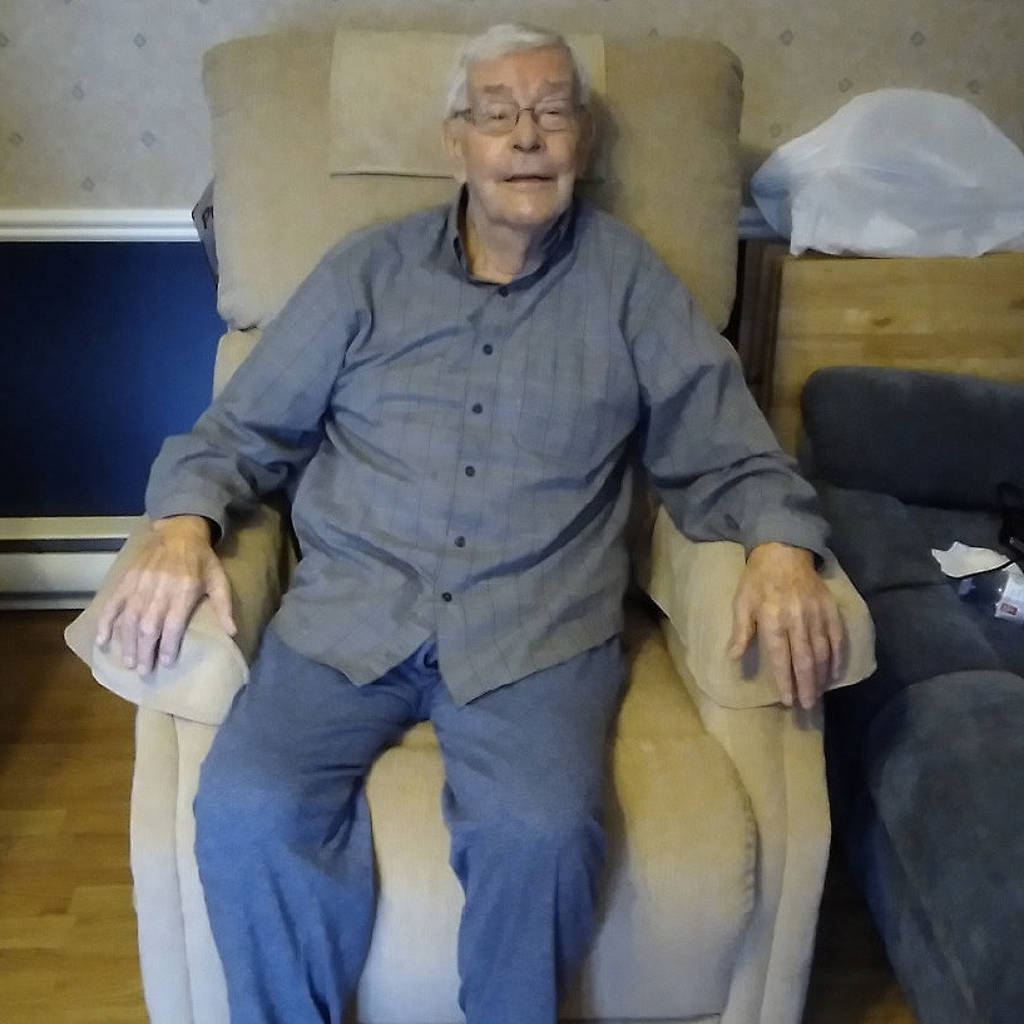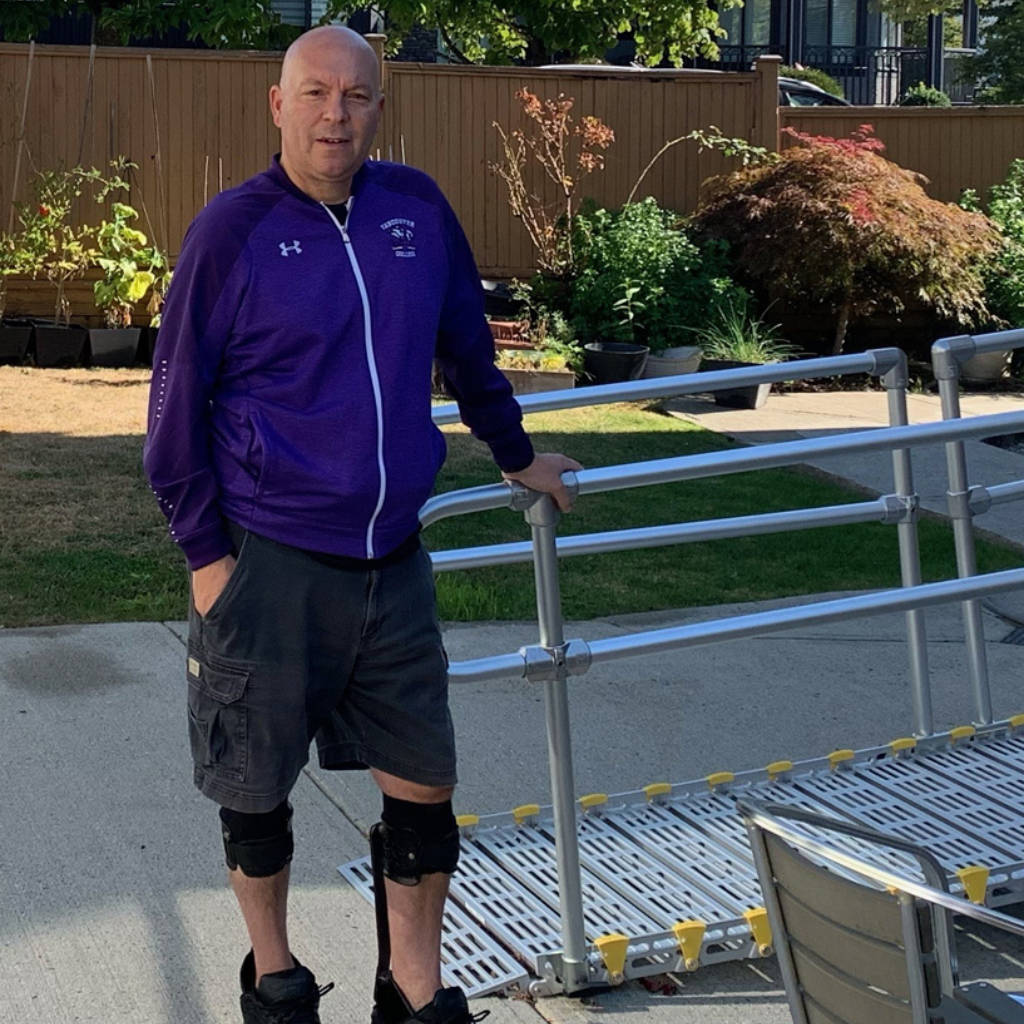February 24, 2023 – In late January, we became aware of a possible Deflazacort®/Calcort® supply and access issue in Canada. Deflazacort is the most commonly used corticosteroid prescribed in Canada and an affordable option for our Canadian Duchenne muscular dystrophy community. We learned that the problem was primarily due to manufacturer and distributor changes and a need to increase the price.
Muscular Dystrophy Canada and Defeat Duchenne Canada partnered to resolve the issue quickly so a shortage could be avoided, and individuals wouldn’t have to potentially switch to prednisone (as this was a concern brought to us by families). At the same time, together, we worked directly with families to better understand the issue at a local (pharmacy) level.
While the impact did not become widespread, we know of a few Duchenne patients and families directly impacted.
We are pleased to report that a shipment of Deflazacort®/Calcort® arrived last week, and inventory is available for the entire country. There is a price increase (approximately $50 for 60 pills) and a change in format (pills in a box vs. sleeve format).
The new manufacturer has confirmed that the backlog in the market has been solved and will provide this critical product to the Canadian market from now on. We will continue to follow this issue closely as we recognize how vital Deflazacort is for people with Duchenne muscular dystrophy. We look forward to ensuring a sustainable supply of Deflazacort and good access to other approved drugs prescribed for managing and treating neuromuscular disorders in Canada.
If you are still experiencing challenges accessing Deflazacort®/Calcort®, please contact us at research@muscle.ca or call 1-800-567-2873 ext. 1114.
Thank you,
 Stacey Lintern
Stacey LinternChief Executive Officer
Muscular Dystrophy Canada
 Perry Esler
Perry EslerExecutive Director
Defeat Duchenne Canada










